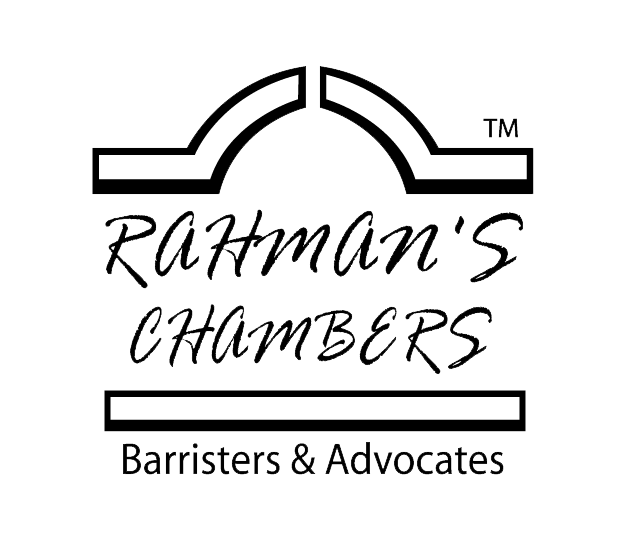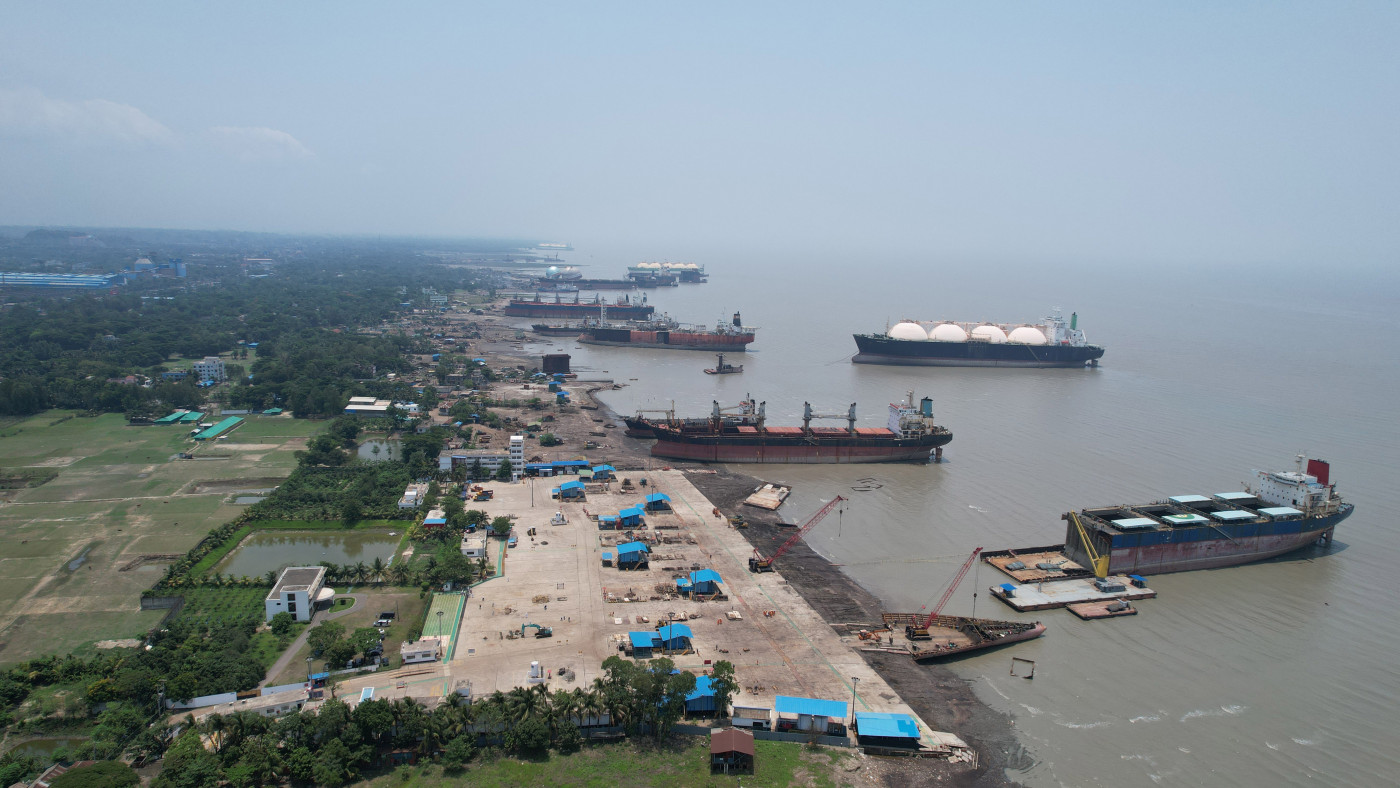Bangladesh’s ship recycling yards will receive $1.364m investment from Norway to improve eco-friendliness
Summary:
Norway’s government will invest $1.364 million to transform Bangladesh’s shipbreaking yards into eco-friendly facilities. This project aims to protect the environment by reducing pollution in the ship breaking industry.
Content:
The Ministry of Industries, the Norwegian government, and the International Maritime Organization (IMO) are collaborating on a project called “Safe and Environmentally Sound Ship Recycling Project (SENSREC) Phase-3”. On Wednesday, at an inception workshop held in a hotel in the capital, Industries Secretary Zakia Sultana expressed her delight over Bangladesh’s ratification of the Hong Kong Convention in June this year. She mentioned that no yards will be permitted to import end-of-life ships from now until 2025. This was a significant achievement for Bangladesh.
According to a report on Marine Insight, Bangladesh will need to recycle 750 ships annually until 2032. In 2021, 272 ships were recycled and the current yearly recycling capacity is estimated to be around 10 million tonnes. Ms. Zakia, who cited the report, suggests that the existing yards should be developed in accordance with the Hong Kong Convention, which requires significant foreign investment. She believes that soft loans provided through banking channels may assist yard owners who lack resources in upgrading their yards to comply with the convention’s standards. Ms. Zakia also urged ship-owning nations to come forward and help develop the existing yards.
According to a recent statement of Ms Zakia, there are only four shipbreaking yards in the country that comply with the Hong Kong Convention’s standards. However, five to six additional yards are expected to comply by the end of this year, and within the next year, the number of compliant yards is expected to reach 20-30 out of a total of 167 yards. As part of the project, technical assistance will be provided to the concerned government organizations to help them build their capacity, and to establish effective legislation and implementation of the Hong Kong Convention. The project will also support the establishment of a Treatment, Storage, and Disposal Facility to manage hazardous waste generated from the ship recycling industry.
The Norwegian Ambassador to Bangladesh, Espen Rikter-Svendsen, recently spoke at a workshop about a project that Norway has been working on with the International Maritime Organization (IMO) to support Bangladesh. The project aims to make shipping more environmentally friendly and sustainable, as pollution and carbon emissions are becoming increasingly unsustainable. The Ambassador emphasized the importance of getting rid of old, polluting ships and replacing them with new, greener ones. This will not only help reduce pollution but also contribute to the circular economy and the green shift that we need to make. At the workshop, Mohammed Zahirul Islam, Vice President of Bangladesh Ship Breakers and Recyclers Association, shared that Bangladesh currently has 108 ship recycling yards, with around 60 of them currently in operation. He stressed the need for the government to create skilled manpower in the sector and provide long-term soft loans to build environmentally friendly ship breaking yards.
According to the Shipping Ministry, Bangladesh has an annual ship recycling capacity of more than 10 million tonnes, and the industry is growing at an average annual rate of around 14%. Moreover, around 60% to 70% of the country’s overall iron demand is sourced from the ship recycling industry. The Ministry has also announced that by 2025, ship yards that are not Hong Kong Convention compliant will not be approved for ship recycling.
Picture and Article Sources: The Business Standard


Leave a Reply